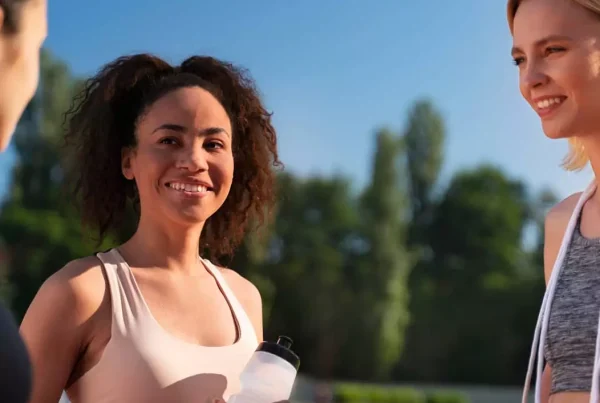
The following blog post is for entertainment and informational purposes only. It is not intended to provide medical advice or diagnosis. Please consult your doctor before making any health-related decisions.
Liraglutide presents a frequently utilized compound for controlling type 2 diabetes. It also aids in weight control. This medicine successfully regulates glucose levels in the blood. It fosters insulin generation and decreases appetite. This action supports weight management. However, people need to comprehend Liraglutide interactions with alcohol because their combination can impact one’s well-being and treatment progress.
Let’s discover Liraglutide alcohol effects.
Impact on Blood Sugar Control
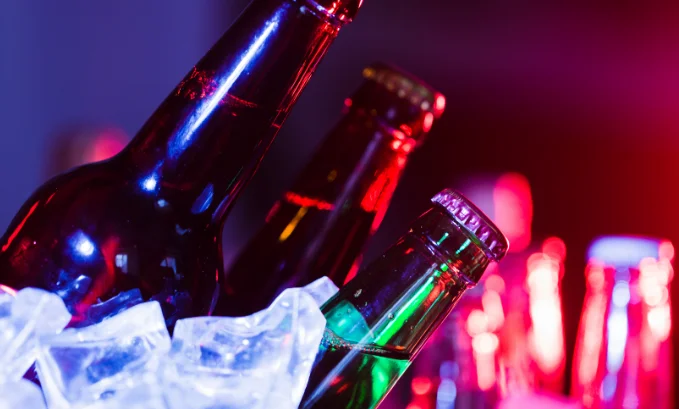
Managing type 2 diabetes and promoting weight loss present common uses of Liraglutide. This substance aids in controlling blood sugar levels. It raises insulin secretion and lowers glucose production. However, Liraglutide and alcohol consumption leads to notable consequences for managing the stability of one’s blood sugars generally. Let’s examine these unique Liraglutide interactions with alcohol.
Threat of Hypoglycemia Occurrence
Liraglutide enhances insulin sensitivity and encourages insulin output. So, it fosters the decrease of blood sugar levels. Conversely, alcohol intake can cause a decline in blood glucose concentrations. This effect significantly is raised with extra alcohol consumption.
Taking Liraglutide and alcohol together heightens the probability of experiencing some medical conditions. Low blood sugar levels can cause dizziness, confusion, sweating, and weakness.
Impact on Blood Sugar Variability
Changes in sugar amounts in the blood occur due to Liraglutide and alcohol consumption. This results in alternating occurrences of hypoglycemia and hyperglycemia. This inconsistency can prove challenging for diabetic people on Liraglutide because stable glucose regulation must be guaranteed in managing the condition effectively.
The type of alcoholic drink taken, personal metabolic responses, and whether food is present significantly influence managing sugar content in the blood on Liraglutide and alcohol. This combination can lead to unpredictable effects.
Altered Glycemic Control
Even though there may not be an immediate drop in blood glucose, alcohol consumption could lead to a prolonged period of low blood sugar several hours later. This effect is particularly noticeable when combined with liraglutide treatment.
People on Liraglutide and alcohol intake need to track their blood glucose levels because of the possibility of delayed and unpredictable changes. Regular monitoring allows early detect any significant fluctuations. This provides the possibility of appropriate corrective measures to be taken if necessary.
Controlling blood sugar levels can be tricky when combining Liraglutide and alcohol. The potential effects of this combination are complex, which may cause problems. Taking both substances at the same time could increase hypoglycemia while raising variability in blood sugars and completely changing glycemic control patterns. Therefore, it is advisable to drink moderately if you’re on this medicine, closely monitor your glucose level consistently, and seek personalized guidance from medical service specialists for effective management of the Liraglutide interactions with alcohol. Being well-informed about how they work together and taking adequate preventive measures suitable for one’s needs or circumstances could guarantee stable blood sugar levels thus supporting diabetes management objectives as efficiently as possible.
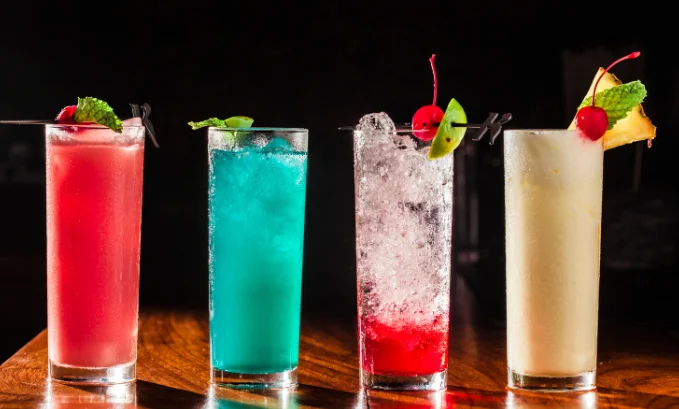
Effects on Weight Management
The drug known as Liraglutide is utilized to control type 2 diabetes and encourage shedding pounds. Its method of action involves boosting insulin release, lowering appetite, and increasing feelings of fullness. However, alcohol intake can have a number of effects on weight regulation that are relevant when using this medication. The Liraglutide interactions with alcoholic beverages can be intricate in nature and could potentially reduce the effectiveness of the drug with regards to managing body weight – let’s explore these interactions more closely below.
Appetite and Caloric Intake
The usage of Liraglutide assists in curbing hunger and generating a sensation of satiety. In such an action it fosters weight reduction through the decrease of general calorie consumption. On the other hand, alcohol can have adverse effects because it stimulates appetite and triggers cravings for unhealthy foods with high calories.
The consumption of alcohol has been identified to elevate food intake and result in the ingestion of surplus calories, which may undermine liraglutide’s capacity for dampening appetite. As a consequence, it might be harder to attain or sustain weight reduction objectives.
Empty Calories
Alcoholic beverages contain calories with no vital nutrients, thereby raising your total caloric consumption. Overindulgence in alcohol can result in a rise in calorie intake as well as impede weight loss endeavors or contribute to gaining weight.
Alcoholic beverages, especially those that are sugary or mixed, can possess a significant caloric density. Thus, this elevated level of calories may counteract the advantages of liraglutide by leading to an overconsumption of calories.
Impact on Weight Loss Progress
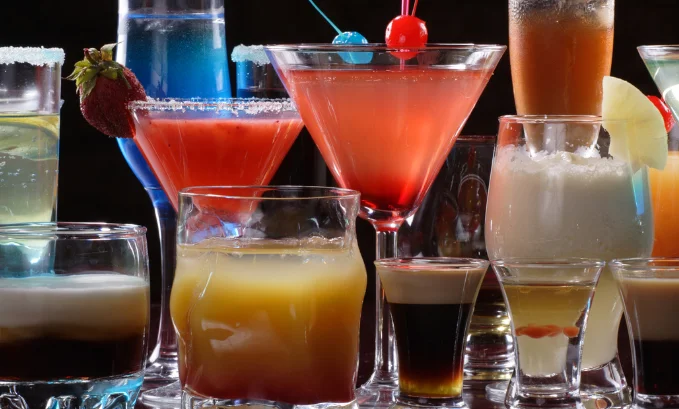
Frequent or excessive alcohol consumption can counteract weight loss progress facilitated by Liraglutide, as the hunger-increasing properties of alcohol and added calories from alcoholic drinks may sabotage efforts to shed pounds.
Alcohol intake can impede weight maintenance efforts and cause weight gain in people who use this medicine for sustaining their body weight instead of shedding pounds by raising their caloric intake.
Metabolic Effects
Metabolism and storage of fat may be impacted by alcohol. The body gives preference to breaking down alcohol above other nutrients, which could result in changes to how fat is stored and potentially influence weight control measures.
Although the medicine enhances insulin sensitivity, the consumption of alcohol may impact both insulin sensitivity and glucose metabolism. Consequently, these Liraglutide interactions with alcohol can complicate weight management efforts; particularly if one’s alcohol intake is not properly monitored.
Behavioral Factors
Frequently, drinking alcohol is related to going out for meals or attending social gatherings that include richer fare and more substantial servings. Such conduct can raise calorie consumption and impact endeavors focused on weight control.
The consumption of alcohol can decrease one’s restraint, causing them to make unhealthy food choices and increase their intake of non-nutritious meals. In turn, this may nullify the positive effects on weight loss that liraglutide offers.
Interactions with Other Medications
The usage of Liraglutide with other medicines is greatly influenced by alcohol. It can interact with different drugs and affect them or increase the chances of unfavorable outcomes.
People need to discuss with their medical service specialists the safety of the Liraglutide alcohol combination.
How to Achieve Safe Alcohol Consumption
Being mindful of your alcohol consumption is needed with taking Liraglutide. Alcohol can interfere with the effects of Liraglutide and affect blood sugar contents, general health, and weight management. So, to guarantee secure usage of Liraglutide and alcohol consumption people need to follow some guidelines.
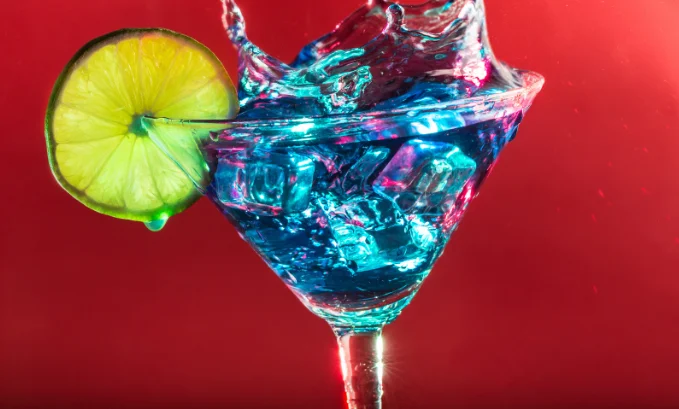
Moderation is Key
Alcohol be taken in moderation. This decreases the probability of negative repercussions. Women can have no more than one drink per day. Men can safely consume up to two drinks daily. Sticking within these guidelines allows people to avoid hypoglycemia appearance and any disruptions. Such an approach maintains a healthy weight management program.
You are recommended to select options with fewer calories and stay away from sweet mixed drinks or cocktails because they can lead to unwanted calorie intake and affect your weight management goals.
Control Your Blood Sugar Levels
Tracking sugar amounts in the blood helps to avoid potential drops in blood glucose from alcohol consumption. This drink can lead to unpredictable changes in these indicators.
You may need to modify your food intake or Liraglutide dosage. Personalized guidance on managing blood sugar levels on Liraglutide and alcohol can be provided by a medical service specialist.
Consume with Food
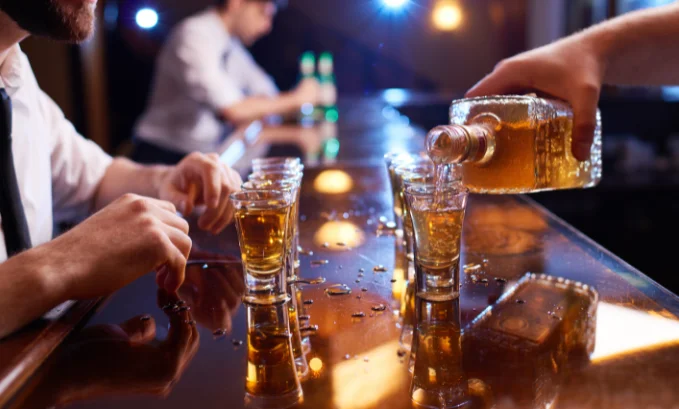
You can pair alcohol consumption with food. Alcohol consumption on an empty stomach can cause a sharp drop in sugar content in the blood. This issue can be prevented by ingesting food alongside drinks and maintaining stable glucose levels.
Safely usage of Liraglutide and alcohol consumption is achieved by the moderation of your intake and consistently monitoring sugar indicators in the blood. You need to consult with a medical professional for tailored advice about treatment plans. This allows achieve optimal results from the medicine. Adhering to these measures helps to mitigate the detrimental impacts of drinking on your health outcomes from Liraglutide.




